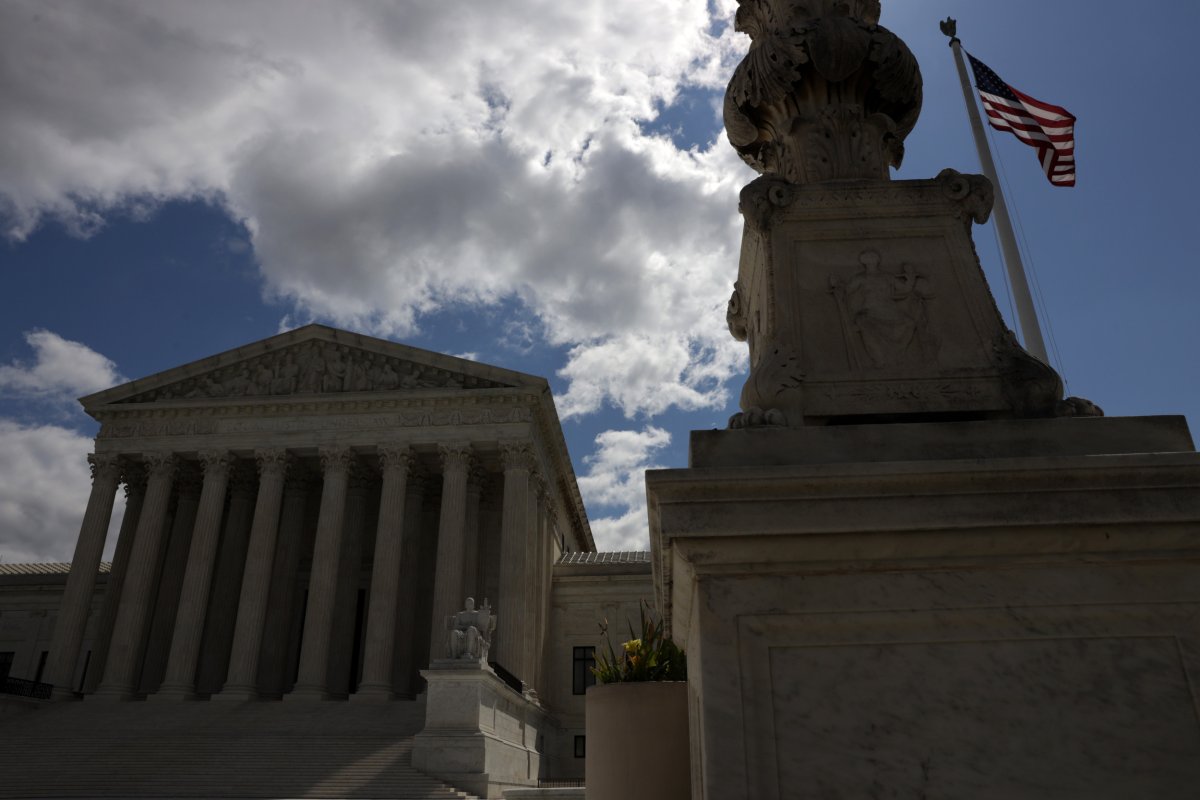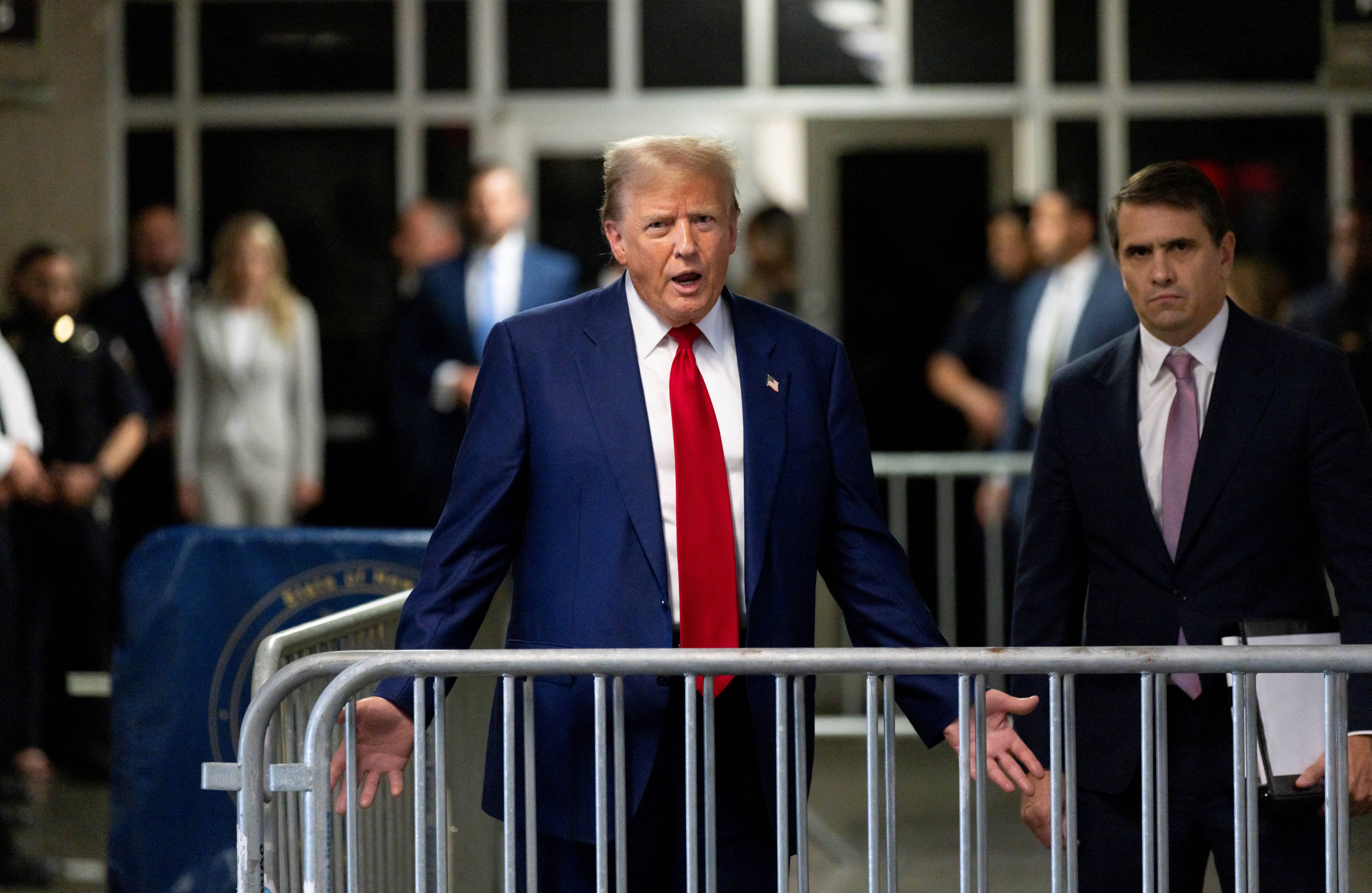In a seemingly inconsequential unanimous decision issued on May 7, the Supreme Court rapped the knuckles of the U.S. Court of Appeals for the Ninth Circuit. A pithy nine-page opinion authored by Justice Ruth Bader Ginsburg harshly condemned the appellate judges because they had abandoned the "principle of party presentation" which, she said, is the foundation of "our adversarial system of adjudication." She quoted a 2008 decision: "We rely on the parties to frame the issues for decision and assign to courts the role of neutral arbiter of matters the parties present." Because the Ninth Circuit had not been a "neutral arbiter" of the claims of the parties, its decision was unanimously reversed.
Was the Court blind to its own history? The Supreme Court itself was guilty of the conduct that it has now denounced. In an even more aggravated violation of "party presentation," a surprising majority opinion issued by Justice Antonin Scalia thirty years ago had the cataclysmic effect of eviscerating the First Amendment's protection for the free exercise of religion. No party to the litigation or any of the many amici curiae that filed legal briefs in Oregon Employment Division v. Smith had suggested or addressed the constitutional doctrine that five justices (over vigorous dissents) nonetheless adopted in that 1990 case. The unanticipated majority ruling in Smith—that the Constitution recognizes no religious exception to a "neutral law of general applicability"—has blocked religious liberty claims to this day.
The Ninth Circuit's sin, said this month's unanimous Court, was a "takeover of the appeal." A woman who ran an immigration consulting firm was convicted of violations of immigration law. Her lawyer had presented legal issues in appealing her conviction, but the three Ninth Circuit judges who heard her appeal were not pleased with the questions he raised. Justice Ginsburg's opinion recites that the judges "intervened" after hearing oral argument. They formulated novel constitutional issues that might invalidate the laws she had violated. The Ninth Circuit then invited the lawyers and immigration law groups to submit briefs and participate in new oral arguments.
In the eyes of all nine of the Supreme Court's justices, this was an improper "takeover" of the case that called for reversal of the Ninth Circuit's decision.
By this measure, the Smith decision was plainly invalid. The Supreme Court agreed to hear that case to decide whether the First Amendment's Free Exercise Clause protected the religiously motivated use of dangerous drugs prohibited by a state's criminal law. All the lawyers accepted precedents that had recognized the individual constitutional rights of religious observers, even in the face of a neutral law, so long as that law did not serve a "compelling governmental interest." Nonetheless, with no party or amicus advocating a broad constitutional decision that would sweep away the earlier authorities, Justice Scalia wrote an opinion that significantly extinguished constitutionally protected rights.
A powerful petition for rehearing was filed by a rainbow coalition of organizations and legal scholars. They said, "The majority opinion eschewed discussion of the question briefed, and decided the case on far-reaching grounds without the benefit of briefing or oral argument on the specific concerns raised...by the Court's opinion." Nat Hentoff's op-ed in The Washington Post, published while the rehearing petition was pending, called Scalia's opinion "alarming" and maintained that "so fundamental a change in First Amendment law should have been briefed and argued before the court. It was not." The Court nonetheless rejected the request that it restore the case to its calendar so that the parties and amici could brief the constitutional issue that Justice Scalia had originated and decided on his own.

Justice Scalia's "takeover" of the Smith case in the Supreme Court was, in fact, far more cavalier than what the appellate judges did in the recent immigration law appeal. The Ninth Circuit in the recently decided case gave the parties and interested friends of the court an opportunity to present argument on the legal issues that the lower court devised. The 1990 Supreme Court, by contrast, gave no advance warning to the public that it was considering a sweeping reconsideration of earlier Free Exercise Clause precedents.
The liberals and moderates on the 1990 Court—Justices Brennan, Marshall, Blackmun and O'Connor—protested. We know from memos in Justice Blackmun's papers at the Library of Congress that Scalia's opinion was a surprise to the dissenters. Until Justice Byron White wrote that he would be a fifth vote for Scalia's position, the minority did not know whether there was enough support for Scalia's novel constitutional doctrine for it to attain majority status.
Congress was also stunned. By an overwhelming vote, Congress tried to reverse Scalia's opinion by adopting the Religious Freedom Restoration Act. It was explicitly designed to reinstate the First Amendment standard that the Smith decision had nullified. A 1997 majority opinion by Justice Anthony Kennedy then found the Act unconstitutional as applied to state governments; Justices O'Connor, Souter and Breyer disagreed because they believed Smith had been wrongly decided in the first instance and should be overruled.
Four of the Court's current justices recently opined that Smith "drastically cut back on the protection provided by the Free Exercise Clause" and should be reconsidered. The recent unanimous Supreme Court opinion condemning a lower court "takeover" that was far more modest than what Justice Scalia did in 1990 exposes a procedural defect that perhaps even eclipses Smith's substantive flaws.
Nathan Lewin is a Washington lawyer who has argued 28 cases in the Supreme Court and has taught at Columbia, Harvard, Georgetown, and the University of Chicago Law Schools.
Uncommon Knowledge
Newsweek is committed to challenging conventional wisdom and finding connections in the search for common ground.
Newsweek is committed to challenging conventional wisdom and finding connections in the search for common ground.
About the writer
To read how Newsweek uses AI as a newsroom tool, Click here.








